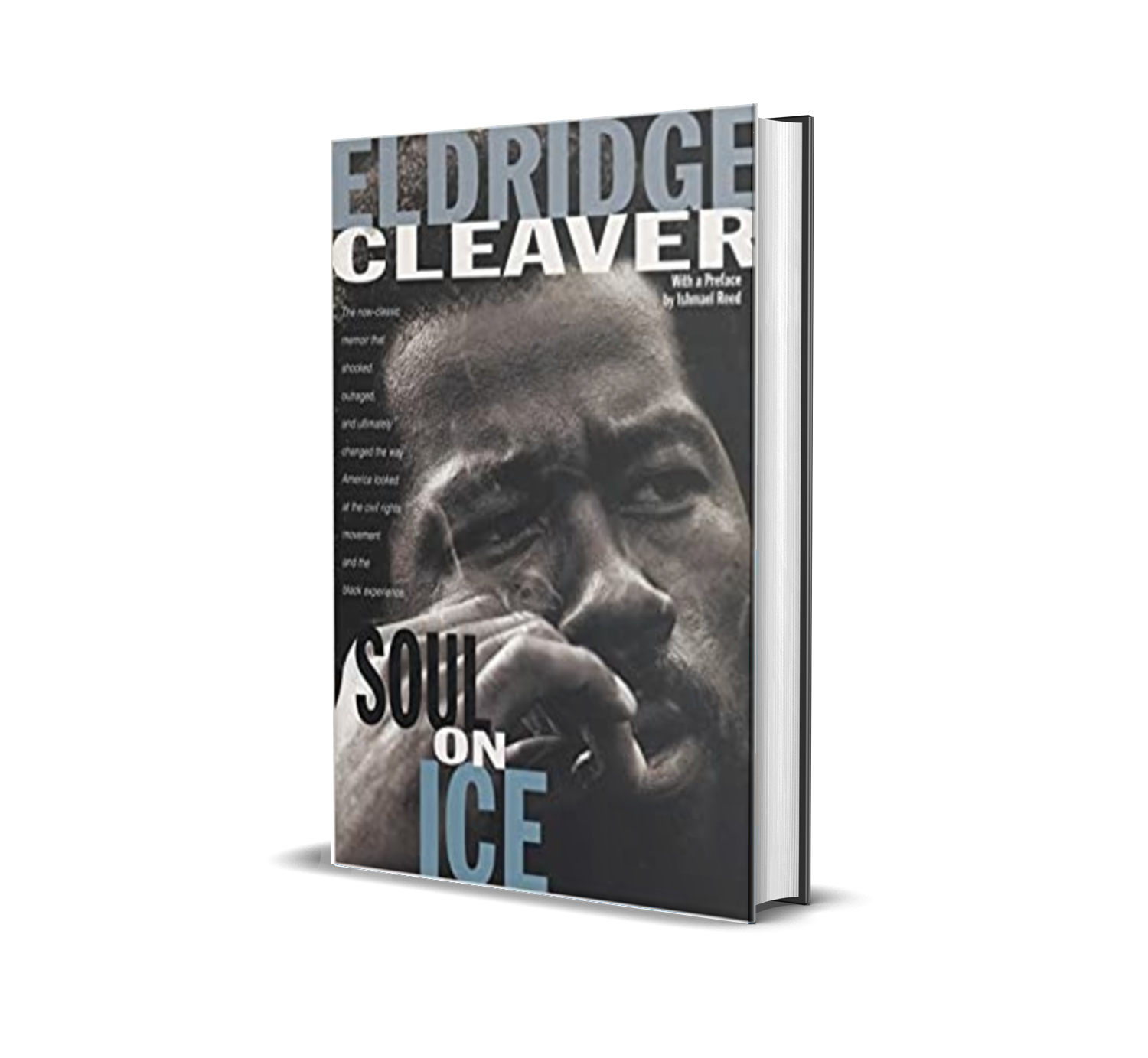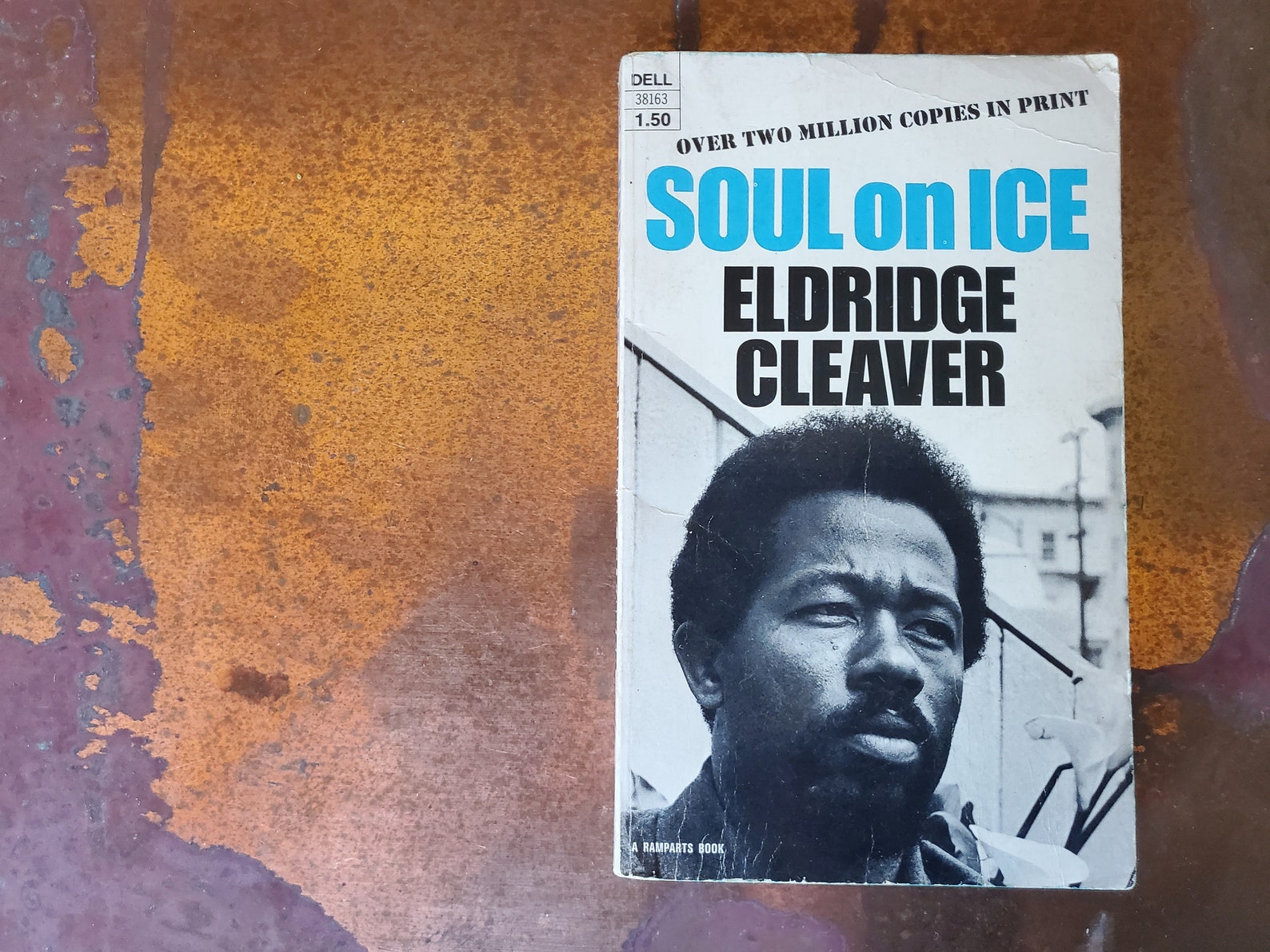


”Įldridge Cleaver was born in 1935 in Wabbaseka, a small Arkansas town near Little Rock. Living in those countries put an end to my advocacy of communism.

I found the systems of dictatorships and communism to be absolutely unacceptable. “I stopped being a communist or socialist and developed an understanding and respect for free enterprise and the democratic political system …. “During the eight years that I was absent from the United States, I underwent a change in my whole philosophy based on my observations, ” Cleaver told Ebony. Since his return to the United States in 1976, he has pursued a more conventional political agenda. The firsthand experience of life in communist nations dramatically transformed Cleaver ’s thinking on his American homeland. Fleeing a federal warrant for his arrest, he took refuge in Cuba, Algeria, and later Paris in an exile that lasted almost a decade. ” Cleaver ’s rhetoric caught up with him in 1968 after a gun battle between the Black Panthers and the San Francisco police. I was the guy who demanded we go down shooting. To racist whites, Cleaver represented a clear threat: he eloquently advocated extreme measures to assure the overthrow of a society that discriminated against minorities.Ĭleaver told People magazine that during the late 1960s he felt “there was no hope of effecting real freedom within the capitalistic system. From the pages of his bestselling book Soul on Ice as well as from public platforms, Cleaver urged blacks and whites alike to oppose repression, police brutality, and unequal economic opportunity. ” Cleaver was an early leader of the Black Panthers, a political union of disenchanted African Americans that eventually attracted nationwide membership. “For more than a decade, the Arkansas-born writer-activist mesmerized audiences with his calls for revolutionary violence against the agents of racism, capitalism and Christianity.

“As the charismatic Information Minister of the Black Panther Party, Eldridge Cleaver was one of the most dazzling and controversial fixtures of the ’60s, ” judged an Ebony magazine contributor.


 0 kommentar(er)
0 kommentar(er)
